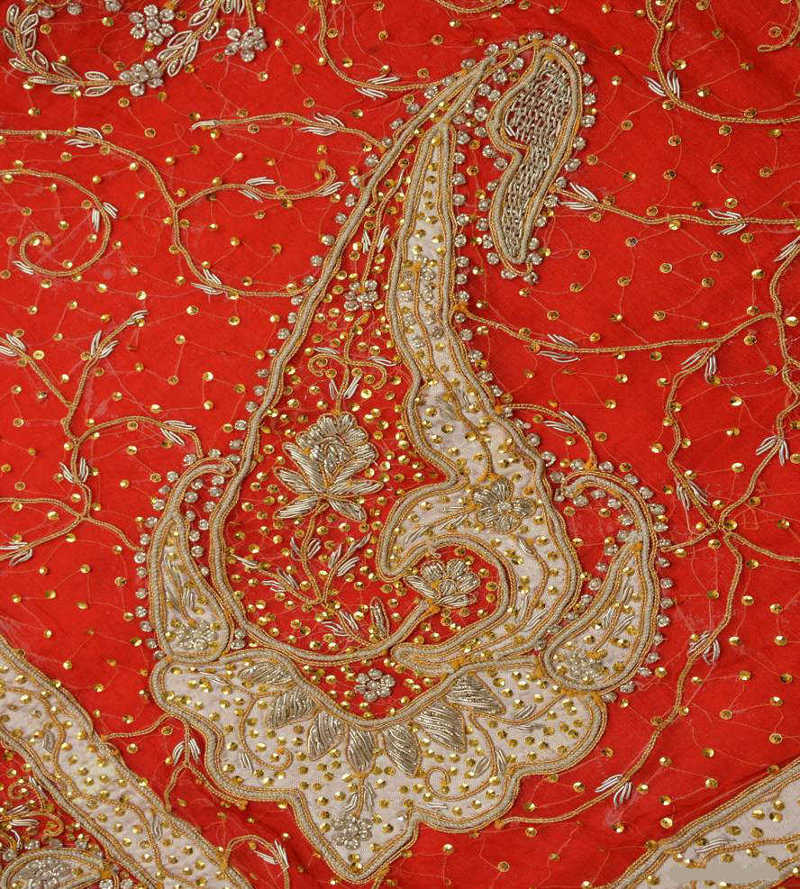===
0937,
3
===

=== |
 |
kyūñ-kih : 'Because, because that, since; in that, inasmuch as'. (Platts p.890)
be-pardah : 'adj. & adv. Unveiled, uncovered; immodest; openly'
iz̤hār : 'Manifestation, revelation, disclosure, demonstration, publication, display, declaration; statement'. (Platts p.60)
raftah raftah : 'Going on, in the act of going, in process of time; step by step, by degrees, gradually; leisurely, easily'. (Platts p.595)
FWP:
SETS == INEXPRESSIBILITY
MOTIFS == LIFE/DEATH; VEIL
NAMES
TERMSThe two possible readings of kyūñ-kih give very different structures to the first line. If we use Platts's official definition of 'because, since', then the effect is that the speaker is left speechless, because of the way lives 'unveiledly' depart. If we use SRF's colloquial sense of 'in what way' [kis t̤araḥ], then the effect is that the speaker can say nothing about the way in which lives 'unveiledly' depart.
Then, what exactly is meant by the intriguing be-pardah ? SRF seems to envision first the more specific possibility of lovers' dying in public view-- perhaps culpably, perhaps helplessly. Then he moves on to envision the more general possibility that all humans die 'unveiledly'-- that God kills us blatantly, openly, without feeling any need for justification, without giving us even the smallest illusion of autonomy. In short, he kills us 'without a veil'.
If we take the 'veil' imagery seriously, we're rewarded with a wonderfully paradoxical reading of the second line. Normally, when we say that something will be 'revealed' by degrees, 'gradually, gradually', what comes to mind is something like the slow lifting or removal of a veil. But here, what is to be slowly revealed is not what lies behind a veil, but the meaning of being be-pardah . What will be 'unveiled' is the nature of 'unveiledness' itself, as it governs human life and death.